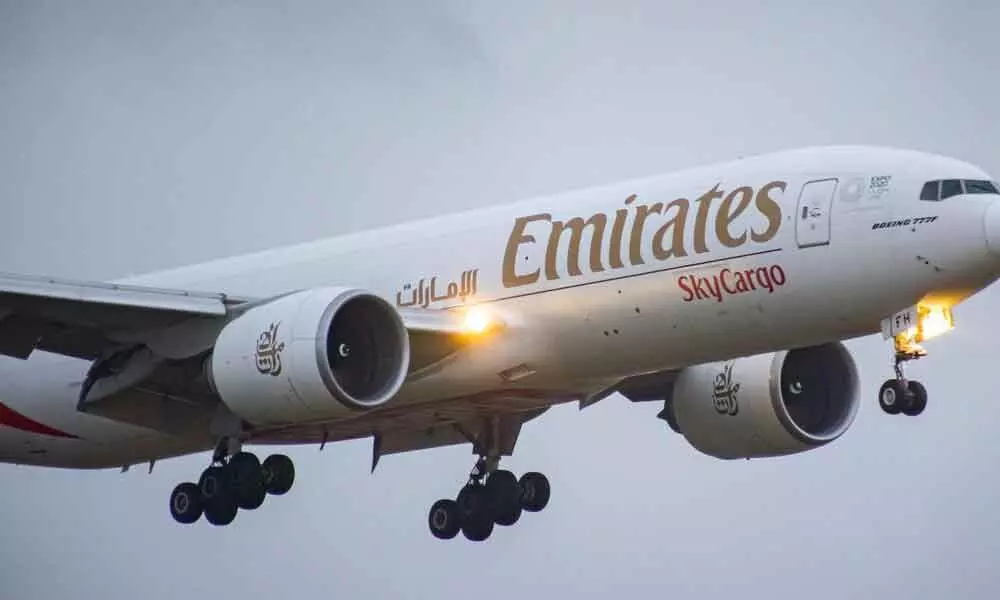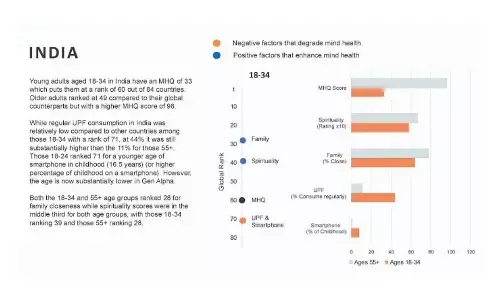Air India, Emirates, and others cancel flights due to AT&T and Verizon 5G launch

Air India
Airlines have canceled flights or changed planes to certain US cities, with an emphasis on the 777 aircraft. The situation has continued to evolve as AT&T and Verizon activate their C-band, but it has only gotten more complicated.
Emirates, Air India, ANA, and Japan Airlines announced they were canceling some flights to the US due to the week's launch of C-band 5G over concerns it could interfere with some instruments, particularly on Boeing 777 aircraft. This began as cell phone carriers, federal agencies, airlines, and aircraft manufacturers struggle to agree on policies on how the launch should be handled. The situation has continued to evolve as AT&T and Verizon activate their C-band, but it has only gotten more complicated.
ANA cites specific guidance from Boeing, saying "Boeing has announced flight restrictions on all airlines operating the Boeing 777 aircraft." Japan Airlines also mentions a notification from Boeing, saying it was told "5G signals for U.S. mobile phones, which will begin operating in the U.S. on January 19, 2022, may interfere with the radio wave altimeter installed on the Boeing 777."
However, Japan Airlines changed its guidance on Wednesday, saying it "received confirmation from the FAA (Federal Aviation Administration) that there is no longer a problem with the operation of the Boeing 777 and we will resume service to the U.S. mainland with Boeing 777 from January 20." 777 since January 20." ANA updated its advisory with similar language, saying it is returning to "the normal program based on the FAA's notification that there are no safety concerns with the operation of the Boeing 777 aircraft at airports in America we serve." However, Emirates and Air India have not changed their guidance and the FAA has not released an updated statement. The 777 is not currently on the regulator's list of authorized aircraft.
Emirates' announcement clearly describes what is cancelled. The airline, described as the world's largest operator of the Boeing 777 by Reuters, says it is "suspending flights to the following US destinations from 19 January 2022 until further notice," listing Boston, Chicago, Dallas -Fort Worth, Houston, Miami, Newark, Orlando, San Francisco, and Seattle.
The airline will strive to fly to New York JFK, Los Angeles (LAX), and Washington, DC (IAD). Emirates says it is "working closely with aircraft manufacturers and relevant authorities to alleviate operational concerns" and hopes to start flying to the US as soon as possible.
More airlines were affected as Tuesday progressed. Reuters reports that Taiwan's China Airlines will reschedule some flights, while South Korea's Korean Air Lines has moved away from Boeing's 777 and 747-8 jets on six flights to the US, and Hong Kong's Cathay Pacific says it is prepared to use different planes if necessary. Lufthansa had canceled at least one flight in the US and was switching from Boeing 747-8s to 747-400s on some US routes. Air India, Singapore Airlines, and Austrian Airlines were also switching 777s for US flights.
Airline operators in the US warned on Tuesday that the 5G rollout could cause a "catastrophic disruption" to their flight schedules. As per the FAA, the concern is that C-band 5G signals could interfere with radar altimeters used on some aircraft, creating a safety issue.
Its competitor, Airbus, said it will work "as part of a broader industry coalition" to "further study the problem and seek solutions." For information on aircraft limitations, he referred to the FAA statements on page 5G, where a January 16 statement lists aircraft models that have been approved to land at some airports in low-visibility conditions.
On Tuesday morning, both AT&T and Verizon announced that they would voluntarily delay 5G antenna upgrades near specific airports. The chairwoman of the Federal Communications Commission issued a statement saying it is "essential that the FAA now complete" the process of evaluating the performance of the altimeter and the effect that 5G C-band communication can have with "care and speed."











